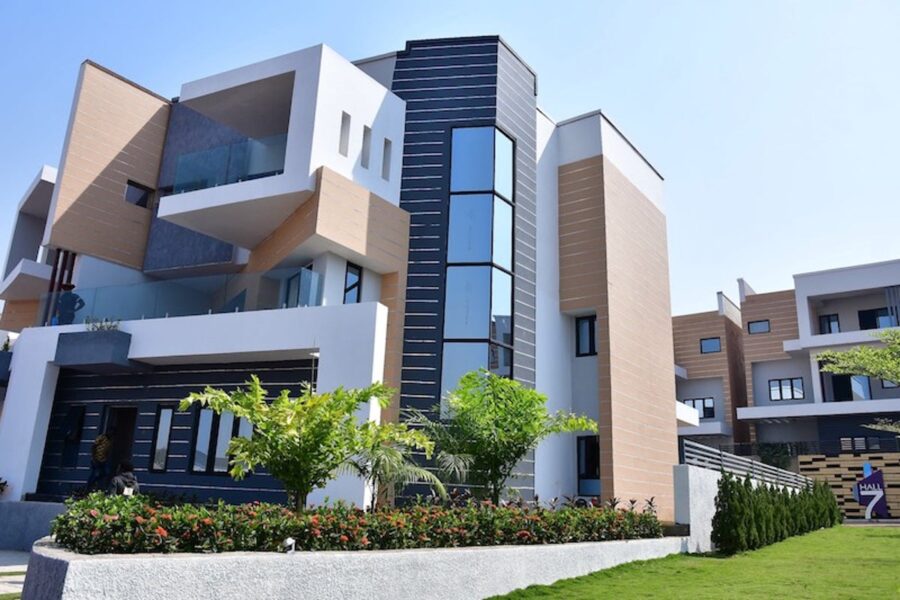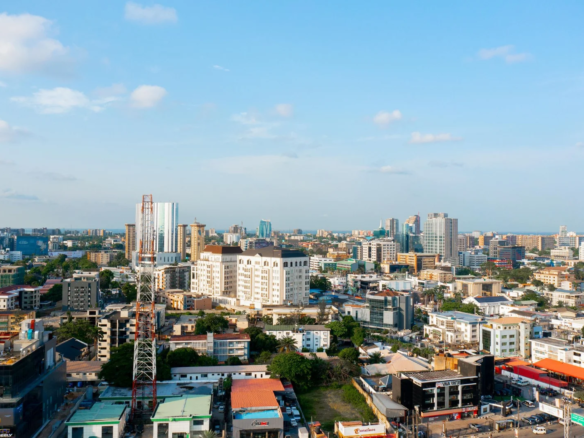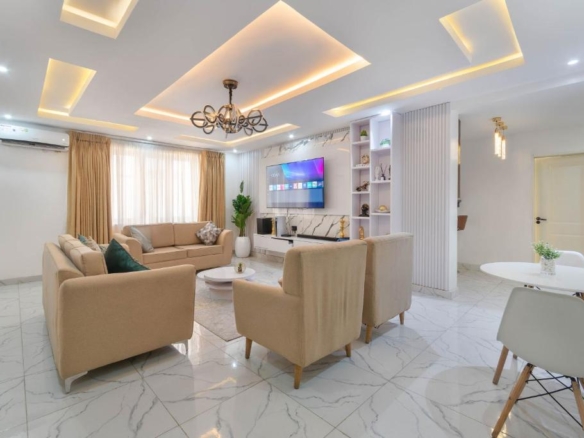Real estate in Nigeria, especially in Lagos, is one of the most lucrative investment sectors. With a rapidly growing population, urbanization, and an increasing demand for land, homes, and apartments, the opportunities are endless. However, this growth has also given rise to fraudulent practices and real estate scams that have cost individuals and businesses millions of naira.
Whether you’re buying your dream home, renting an apartment, or investing in land, it is important to protect yourself by being informed and cautious. This guide explores the common types of real estate scams in Nigeria and provides practical steps to avoid them.
Why Real Estate Scams Are Common in Nigeria
Before diving into tips, it’s important to understand why scams thrive in the Nigerian property market:
- High Demand for Housing – Lagos alone receives thousands of new residents daily, leading to a housing crunch. Scammers exploit this urgency.
- Weak Regulation & Documentation Issues – Property ownership documentation is often unclear, and land disputes are common.
- Trust-Based Transactions – Many Nigerians rely on word-of-mouth deals without verifying official records.
- Lack of Awareness – Many first-time buyers and renters don’t know the necessary due diligence steps.
Being aware of these issues is the first step to protecting yourself.
Common Real Estate Scams in Nigeria
1. Multiple Sales of the Same Property
A scammer sells the same land or house to multiple buyers. Since documentation isn’t verified, the first buyer may not even know until construction begins.
2. Fake Agents / Caretakers
Unscrupulous “agents” show unsuspecting renters apartments that don’t belong to them. After collecting rent and agency fees, they vanish.
3. Omo-Onile Scam (Land Grabbers)
“Omo-Onile” literally means “children of the landowners.” These individuals demand illegal fees or sell land they don’t own. Buyers often face harassment or double payments.
4. Forged Titles & Documents
Fraudsters present fake Certificates of Occupancy (C of O), survey plans, or deeds of assignment to convince buyers of ownership.
5. Rental Fraud / Ghost Apartments
Scammers advertise apartments online, collect deposits, and disappear. Sometimes they don’t even have access to the property they’re showing.
6. Overpriced & Misrepresented Properties
An agent inflates the actual price of a property or misrepresents it, pocketing the difference.
How to Avoid Real Estate Scams in Nigeria
Now let’s break down practical steps to protect yourself, whether you’re buying, renting, or investing.
1. Always Verify Ownership Documents
- Request the Certificate of Occupancy (C of O), Deed of Assignment, or Governor’s Consent.
- Cross-check with the Lagos State Land Registry or the relevant state registry.
- Verify the survey plan number with the Office of the Surveyor General.
- If the seller refuses to provide documents, it’s a red flag.
2. Conduct a Proper Site Inspection
- Always visit the property physically, preferably more than once and at different times of the day.
- Confirm that the land or house exists and matches the description.
- Talk to neighbors—they often know the real history of the property.
3. Avoid Cash Transactions
- Always pay via bank transfer for traceability.
- Write receipts and agreements for every payment, signed by all parties.
- If the seller insists on cash, it’s likely a scam.
4. Work With Trusted Real Estate Agents & Firms
- Use licensed real estate agencies like REEI Living, where professionals are vetted and accountable.
- Ask for the agent’s business registration number or professional association membership (like NIESV – Nigerian Institution of Estate Surveyors and Valuers).
- Avoid “roadside” or “street” agents with no physical office.
5. Get a Lawyer Involved
- Hire a property lawyer to draft or review agreements.
- Lawyers will help verify titles, check for encumbrances, and ensure contracts are binding.
- The small legal fee can save you from losing millions.
6. Beware of Unrealistic Deals
- If the price is “too good to be true,” it probably is.
- Properties significantly cheaper than market value often come with hidden disputes or are fraudulent.
7. Verify the Seller or Landlord’s Identity
- Ask for means of identification (national ID, passport, or driver’s license).
- Cross-check that the name on the property documents matches their identity.
- For rentals, speak directly with the actual landlord if possible.
8. Avoid Paying Before Signing Agreements
- Never pay rent, caution fees, or deposits without a tenancy agreement.
- For buyers, ensure you sign a Deed of Assignment before final payments.
9. Research the Area and Community
- Ask residents about disputes, omo-onile issues, or government acquisitions.
- Some lands in Lagos are under government acquisition and cannot be legally owned.
10. Use Technology and Verified Platforms
- Many scams happen because of reliance on verbal transactions.
- Use platforms and agencies that list verified properties with documentation.
- REEI Living, for example, only deals with thoroughly verified listings.
Case Studies: Lessons From Victims
- Mrs. Ade in Lekki – Paid ₦5 million for land only to discover it had been sold to three other buyers. She didn’t verify at the Land Registry.
- Chinedu in Surulere – Paid a fake agent for an apartment he never moved into. The scammer used another person’s property to collect money from multiple people.
- Mr. Oladipo in Ikorodu – Bought land from omo-onile but was constantly harassed with new levies. He later discovered the land was under government acquisition.
These cases show why due diligence is non-negotiable.
Final Thoughts
Real estate scams in Nigeria are sophisticated and widespread, but they can be avoided if you take the right precautions. Always verify documents, involve professionals, avoid suspiciously cheap deals, and insist on transparency at every step.
At REEI Living, we prioritize trust, transparency, and professionalism. All our properties are verified to ensure our clients buy, rent, or invest with confidence.
Key Takeaway
Buying or renting property in Nigeria doesn’t have to be risky. With the right guidance and a trusted agency, you can protect your investment and secure your future.





Join The Discussion